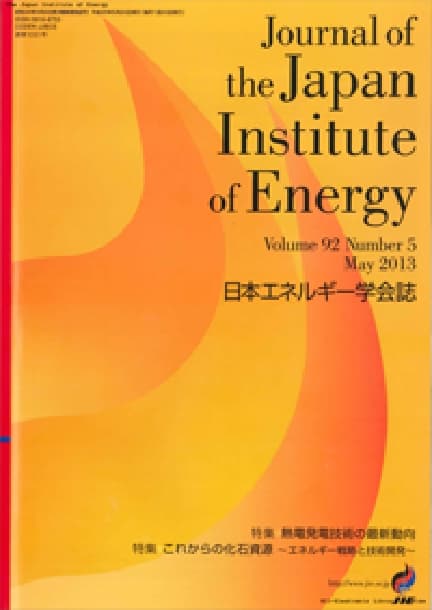復元可能な遊休農地を活用するバイオエタノール生産システムの設計
高橋 渓, 大山 尚宏, 出口 裕一郎, 中田 俊彦
pp. 355-363
DOI:
10.3775/jie.89.355抄録
Bioethanol is expected as a prospective alternative to fossil fuels for mitigating greenhouse gas emissions. The study aims to design bioethanol production system utilizing energy crops in restorable fallow land in Japan and evaluate system performance based on energy balances, costs, and carbon emissions. The energy system has three processes such as cultivation, transportation, and manufacturing. In the analysis, energy potential in the area is calculated considering crop species, yields, chemical components, available land areas, and conversion efficiency. Then, the system performance is derived focusing on a local prefecture as a case study. The result shows that sorghum is expected to have the highest energy potential in most regions except for northern prefectures, and the amount of bioethanol produced from crops in fallow land is estimated to be about 2 million kl. Net energy value reaches -1.09 to 15.9 MJ/l. The total cost producing bioethanol is 2.4 to 8.9 times higher than petroleum fuel on calorific value basis. It is concluded that it is important to improve the productivity of the cultivation process of energy crops and to design optimized energy system to meet social requirements in near future.
他の人はこちらも検索
日本エネルギー学会誌 Vol.89(2010), No.2
日本エネルギー学会誌 Vol.89(2010), No.2
日本エネルギー学会誌 Vol.89(2010), No.2










